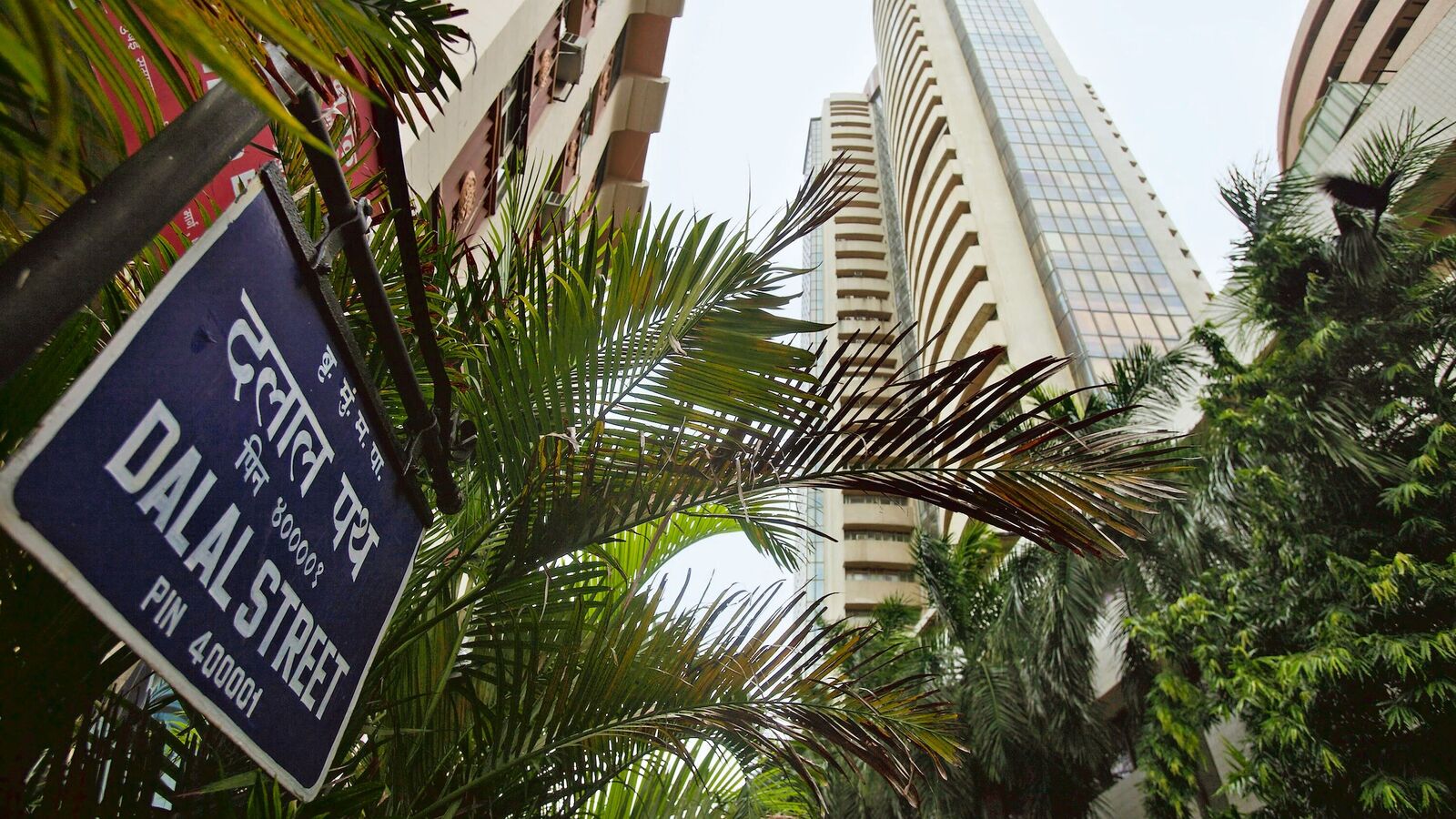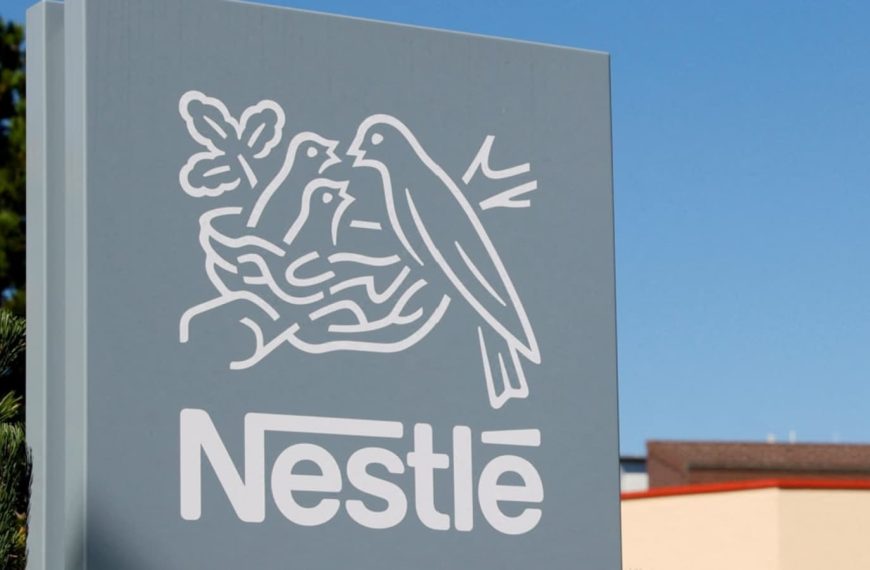On March 10, the Indian stock market experienced a notable downturn, with the BSE Sensex and Nifty 50 indices slipping from their early gains to close in the negative territory. This decline was primarily driven by weak global market signals and rising concerns regarding U.S. tariffs, which dampened investor sentiment. Although both indices had shown promise earlier in the session, they ultimately succumbed to selling pressures as the day progressed.
Market Performance Overview
The BSE Sensex initially surged by 409 points, reaching a peak of 74,741, but eventually settled 217 points lower at 74,115, reflecting a 0.29% decline. Similarly, the Nifty 50 climbed by 124 points to hit an intraday high of 22,676, only to close down by 92 points, or 0.41%, at 22,460.
Broader Market Impact
The broader market faced even steeper declines:
- The BSE Midcap index fell by 1.46%.
- The BSE Smallcap index witnessed a significant drop of 2.11%.
Overall, the market capitalization of companies listed on the BSE shrank by an impressive ₹4.65 lakh crore, bringing the total down to ₹39.36 lakh crore.
Key Influencers on Market Sentiment
Global Concerns Affecting Investors
Investor anxiety was palpable as concerns about rising tariffs and soft global market cues loomed large. Vinod Nair, Head of Research at Geojit Financial Services, noted that "global headwinds are continuing to impact market sentiment, particularly with the increase in U.S. unemployment rates and tariff uncertainties." He suggested that while short-term volatility is expected, the long-term outlook remains promising for investors willing to be cautious with their stock choices.
Economic Indicators to Watch
This week’s economic reports, especially the CPI data from both the U.S. and India, will be closely monitored by investors seeking signs of stabilization in the markets.
Nifty 50: A Mixed Bag of Performers
Top Gainers and Losers
In the Nifty 50, the majority of stocks closed lower, with 41 out of 50 experiencing declines:
- ONGC and Trent emerged as the biggest losers, each plummeting over 4%.
- Other notable decliners included IndusInd Bank (down 3.71%), Bajaj Auto (down 2.61%), and Eicher Motors (down 2.51%).
Conversely, a few stocks managed to perform well:
- Power Grid, Hindustan Unilever, and Infosys led the gainers, all increasing by 1-3%.
- Other FMCG stocks like Nestle India and ITC saw smaller gains of 0.38% and 0.22%, respectively.
Sector Performance Breakdown
The day’s sector-wise performance showed stark contrasts:
- The Nifty FMCG index was the sole sector to close in the green, up by 0.22%.
- Other sectors, including PSU Banks and Auto, faced significant selling pressure, dropping 1.86% and 1.22%, respectively.
- The banking, metals, IT, media, and pharma sectors also faced declines, reflecting the overall market slump.
Stock Activity Highlights
-
Most Active Stocks: In terms of trading volume, Vodafone Idea topped the list with 43.88 crore shares traded, followed by Suzlon Energy (8.14 crore) and Yes Bank (6.86 crore).
-
Stocks at 52-Week Highs: A total of 15 stocks reached new 52-week highs today, including Avanti Feeds, Blue Jet Healthcare, and Kesoram Industries.
- Stocks at 52-Week Lows: Meanwhile, 90 stocks hit fresh lows, such as Astral, Emcure Pharma, and Gensol Engineering.
Performance Metrics
-
Stocks Surging Over 15%: Four stocks made impressive gains, rallying over 15% today, including Banka Bioloo and Welspun Investments.
- Stocks Plummeting Over 10%: Conversely, seven stocks saw steep declines of over 10%, including Neogen Chemicals and HP Adhesives.
Market Sentiment Snapshot
The advance-decline ratio heavily favored the losers, with 2,308 stocks declining compared to only 607 stocks that gained ground, leaving 73 stocks unchanged on the NSE.
In summary, the Indian stock market showcased a tumultuous day, marked by sharp declines influenced by global uncertainties and economic concerns. Investors are advised to remain vigilant as they navigate these fluctuating market conditions.











